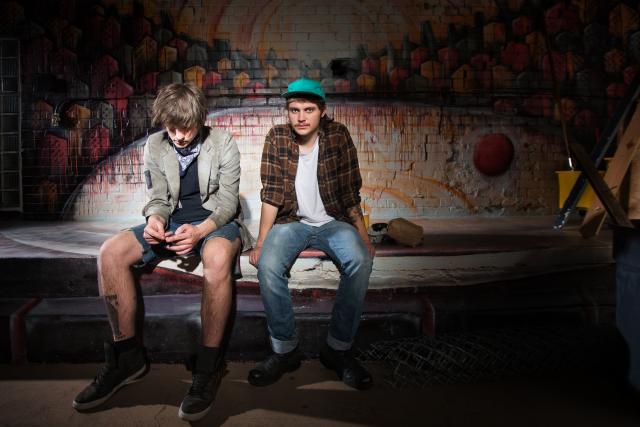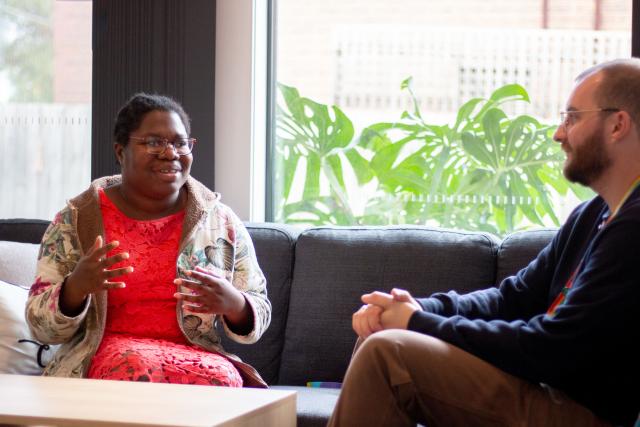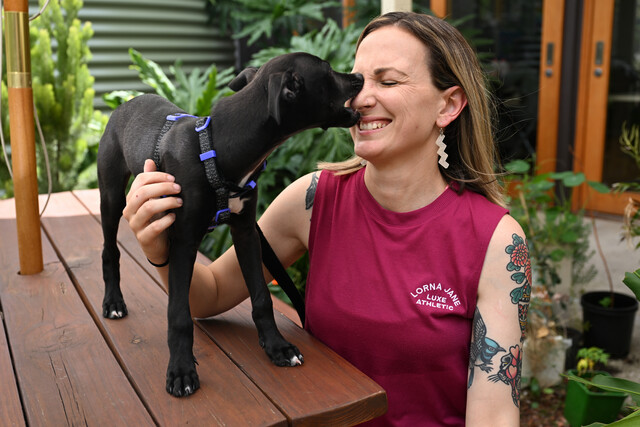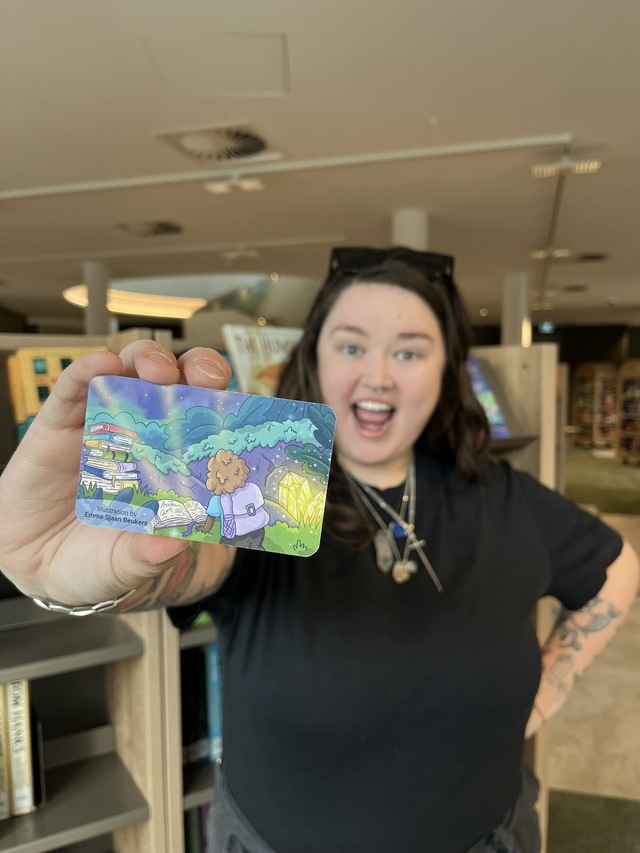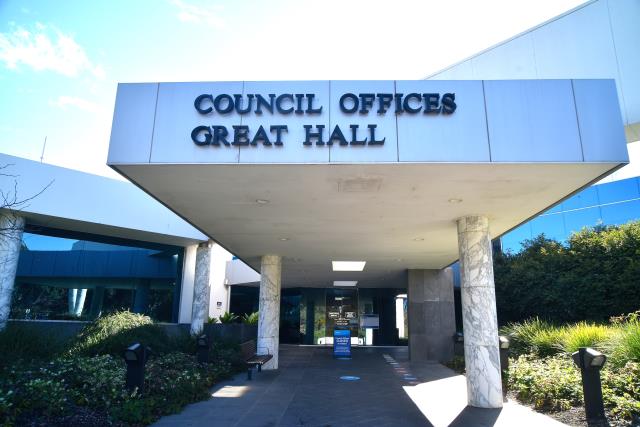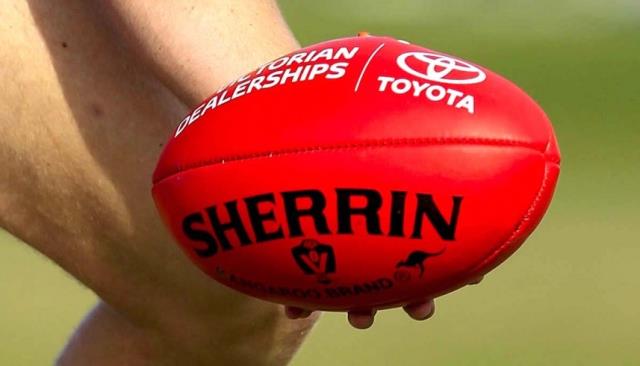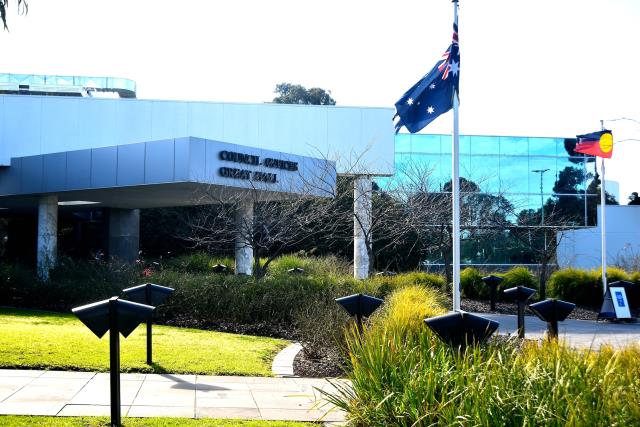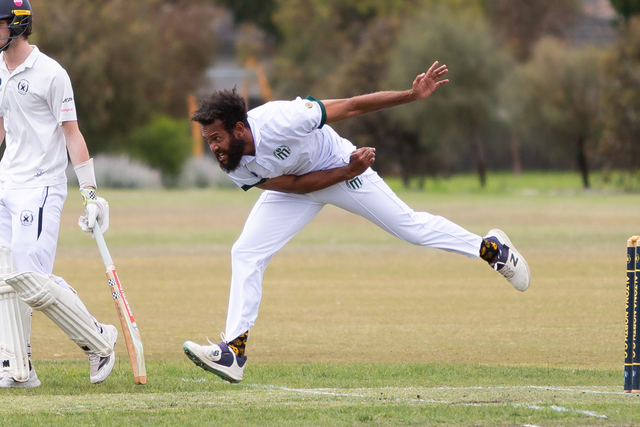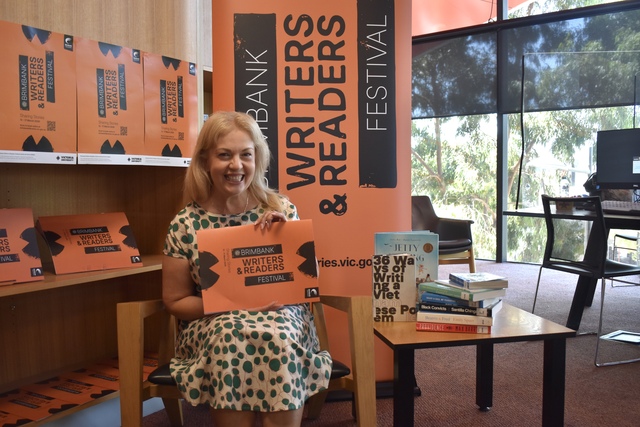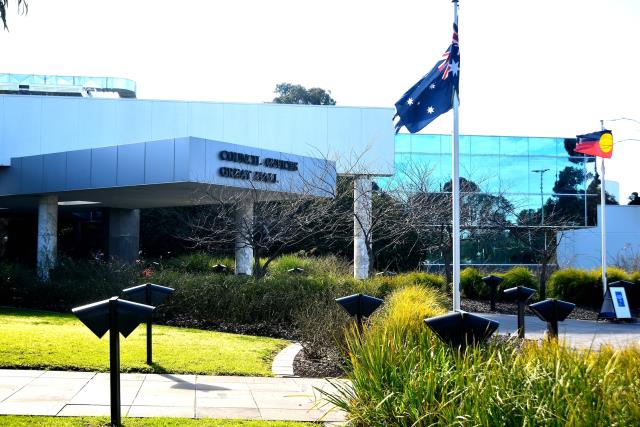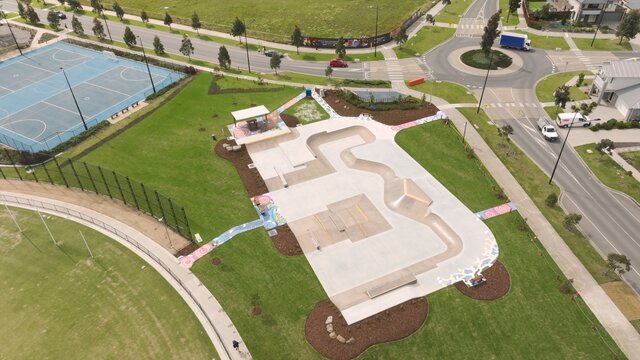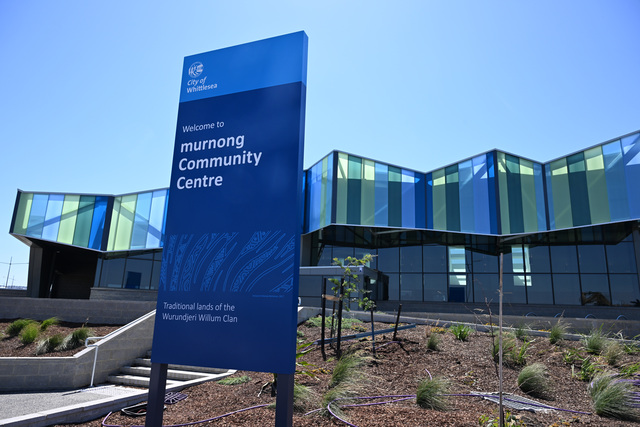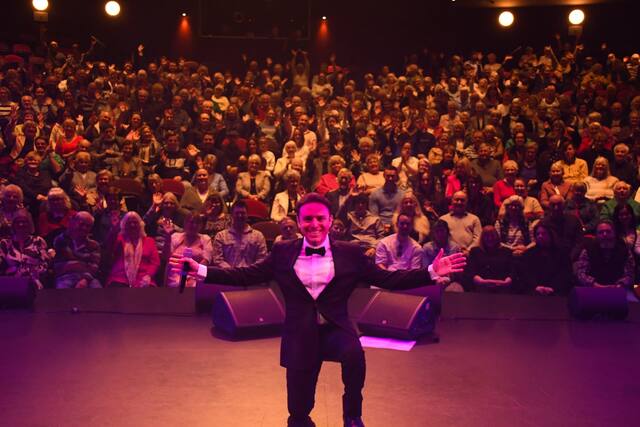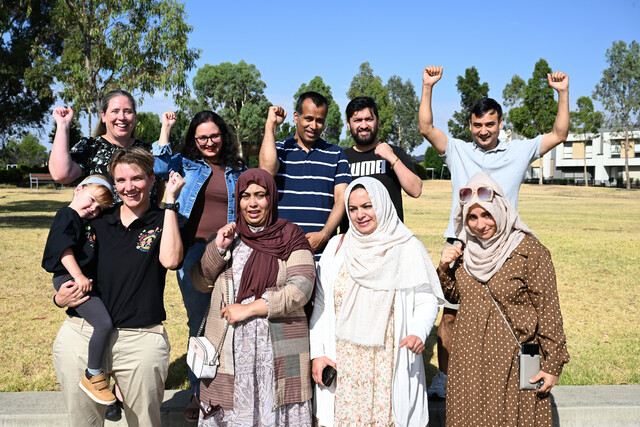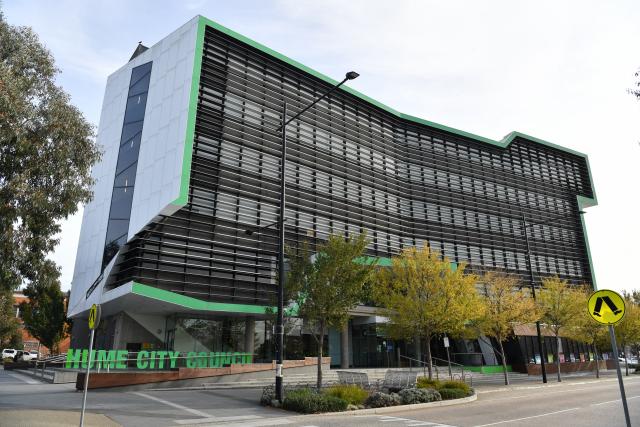Young people aged 12 to 24 make up 23 per cent of all homeless people across Australia. On Wednesday, April 19, Youth Homelssness Matters Day is encouraging discussion and awareness of issues relating to youth homelessness. Matthew Sims spoke to a number of people experiencing youth homelessness and those supporting them.
Anne Margaret lives at the St Albans Youth Residential Recovery (YRR) centre after experiencing homelessness.
This is the first time the 23-year-old has fully lived away from her family home.
Ms Margaret said she is hopeful that with support she can still achieve her goals, despite the uncertainty of her current predicament.
“It’s the best thing, just to have a place that feels like home,” she said.
“I feel good living here and I hope that things work out for me.”
Across three locations, including a site in St Albans, cohealth’s Youth Residential Recovery (YRR) program is providing homes for young people where they can be themselves and work on their recovery goals in a supported, inclusive environment.
The nine-bedroom St Albans site provides a safe space for people aged 16 to 25 years old
to pursue their mental health recovery.
With their own room, shared spaces and the opportunity to take part in all kinds of activities and group events, the residents work side by side with their mental health and wellbeing coaches to set and meet their personal goals.
Residents are required to pay a service fee of $80 per fortnight for program costs.
Ms Margaret said walking into the unit is like walking into someone’s house.
“You have your personal space and your freedom,” she said.
“It’s helping me not rely so much on other people but to be more independent and to be
the best version of myself.”
Ms Margaret recommends the YRR program to other young people in the area.
“If you’re not social, it will help you be more social and more active in the community,” she said.
“It will help you be positive about life.”
Fellow YRR client Cass (they/them) said they feel “relaxed and safe and included” by the YRR team.
St Albans YRR youth mental health and wellbeing coach Maya Sheppard said the program welcomes people of all backgrounds.
“We at YRR welcome young people into the program from all walks of life and I am really proud of this commitment,” she said.
“I feel really proud of the way our staff can support young people to make their houses feel
more like their own.”
Ms Sheppard said having a good orientation process allows young people to feel comfortable while they are transitioning out of homelessness or insecure housing.
“Our approach is client driven and collaborative, whereby staff will often organise care teams meetings with their other supports, to make sure we are collaboratively working together to better outcomes and support the young person through orientation,” she said.
YRR youth mental health and wellbeing coach Aidan Rossiter said the focus of the program was valuing clients’ capabilities first.
“We take young people as they are,” he said.
“We accept and value all the young people who enter the YRR program.”
The Salvation Army north west metro youth services manager Ralph Salera said the Salvos are actively supporting about 150 young people who are experiencing homelessness across the northern and western suburbs of Melbourne.
“I’ve worked in the sector for over 16 years and certainly today’s housing crisis is the most difficult we have encountered,” he said.
“Lack of options and cost of living is contributing to family stresses and impacting young people.
“The young people are either sleeping rough, in crisis accommodation, couch surfing or in temporary supported housing.”
Mr Salera said services were currently stretched across the western and northern suburbs of Melbourne.
“We are seeing wait lists for support increasing,” he said.
“In Brimbank alone, we have 20 plus young people waiting for allocation to support services.”
Around 40,000 young people aged 15 to 24 years presented to a homelessness service across Australia in 2021-22, with about half experiencing mental ill-health and more than one third experiencing domestic and family violence.
The 2021 Census data showed there was a 31.26 per cent increase in youth (12 to 24 years of age) homelessness compared to 2006 figures, jumping from 21,945 in the 2006 Census to 28,804 in 2021.
The 2021 rate of homelessness was highest within the 19 to 24 age group, with 91 out of 10,000 respondents indicating they were experiencing homelessness.
Hope Street Youth and Family Services offers the Hope Street in Melton program, which supports transitional housing for young people and young families who are provided with safe, secure and affordable accommodation for 12 months to two years.
Hope Street supported 255 young people and young families in the Melton area in the 2021-2022 financial year across the First Response Youth Mobile Outreach Service and the First Response Youth Refuge.
The family unit at the First Response Youth Refuge in Melton supported two siblings, Ade and Pals, who arrived in Australia in November 2021.
They came from Ethiopia with no English language skills.
Hope Street supported them to access educational courses to assist with their language development, link them both into the local Ethiopian community, supported them with cooking, living skills and using public transport.
They are now both able to converse in English and have successfully obtained a property where they are thriving and continue to develop their English and adapt to life in Australia.
IPC Health Homeless and at Risk of Homelessness Response (HaRH) team manager Eliza Mead said the team provided assertive outreach strategies, providing holistic health and wellbeing assessments, facilitating and supporting referrals into IPC Health’s services and/or into external services, such as Melbourne City Mission or the Salvation Army.
“There is a collaborative and co-ordinated service response,” she said.
“We work really closely with those organisations.
Mrs Mead said a number of factors led to people experiencing homelessness, including extreme financial disadvantage, lack of immediate response to critical needs, a lack of local and accessible services and limited technical literacy.
“Since July to March, we supported 53 rough sleepers,” she said.
“We do know there are likely a number of other health and wellbeing needs for them.
“We have built some very solid relationships within that community.”
The HaRH program has been successful in registering 280 clients between July 2022 through to
March 2023 and in collaboration with Tenants Victoria, IPC Health has door-knocked 96 rooming house properties and engaged with 75 tenants.
Out of those, 64 are clients are from the HaRH program.
IPC Health has also held outreach engagement and support activities at Rockbank Caravan Park, the Tin Shed in St Albans, Melton South Community Centre and Salvation Army Social Housing Service in Sunshine.
Details: www.yfoundations.org.au/yhmd-2023

